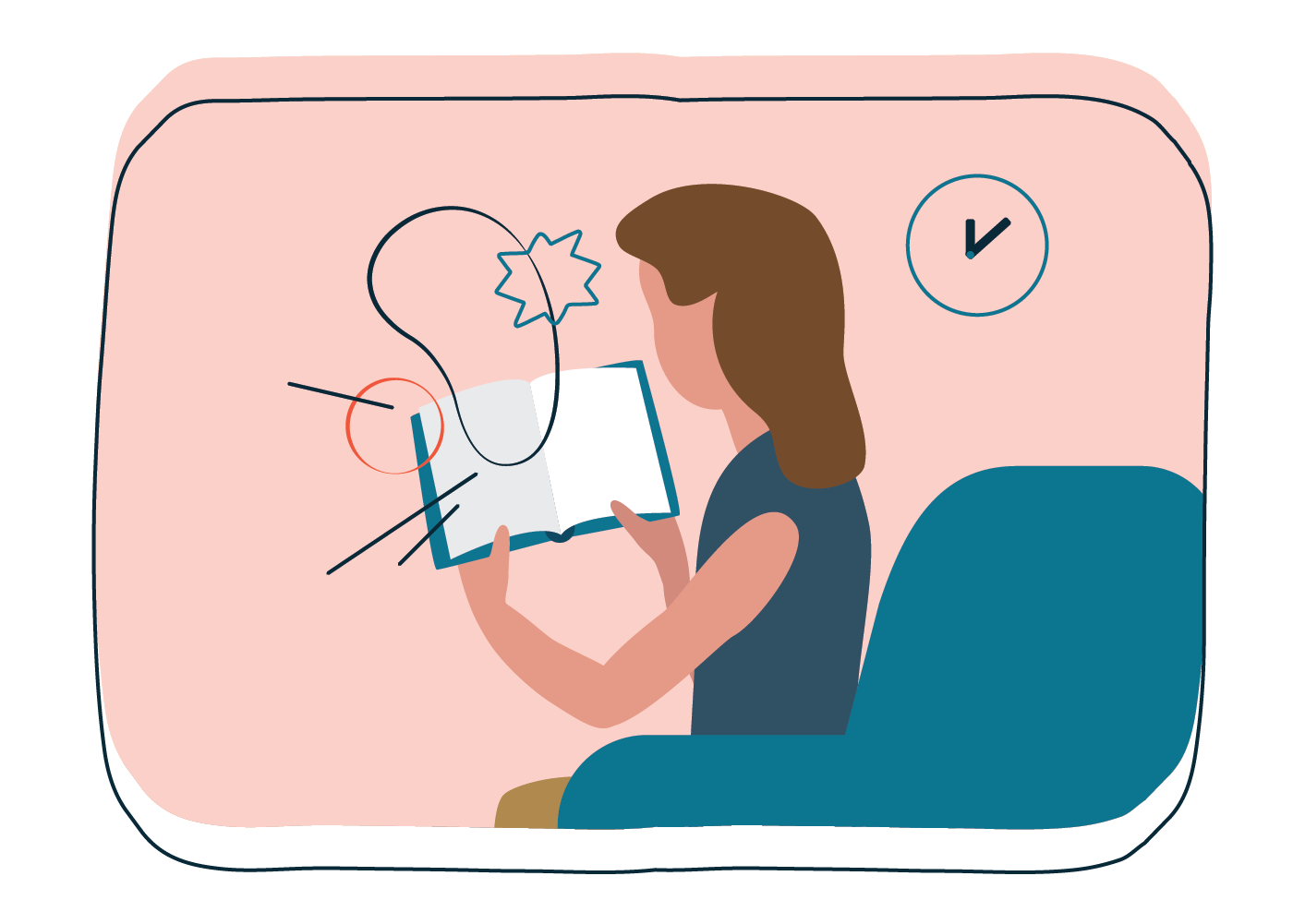A Quick Guide
Attention Deficit Hyperactivity Disorder ADHD and Depression often co-occur together. In fact, people with ADHD are 3 times more prone to experiencing depression in their lives.
ADHD is a neurodevelopmental disorder that makes it difficult to focus. Someone with ADHD might have trouble with the simplest of tasks like keeping track of things, finishing tasks, or even just sitting still. Around 30% of children with ADHD will get treatment for depressive symptoms.
Whereas depression is more than just feeling sad. It is characterized by intense and persistent feelings of sadness and hopelessness or excessive guilt. This can make it really difficult to do anything including just getting up in the morning or showing up for your appointments etc.
How are they linked?
It can be challenging to accurately diagnose depression and ADHD because they share many symptoms. For instance, the inability to concentrate is both an ADHD and depressive symptom. Additionally, medications for ADHD symptoms may interfere with your sleeping or eating patterns, both of which can be indicators of depression. Hyperactivity and irritability in kids can be signs of depression in addition to ADHD.
Both conditions appear to be related to your family history, however, doctors are unsure of what causes either one. Frequently, those with ADHD or depressive symptoms have a parent or any other family member who also suffers from it as well.
Can ADHD lead to Depression?
When individuals with ADHD struggle with their symptoms, it can cause depression. Adults may experience problems at work, while kids may struggle at school or with playmates. Intense feelings of sadness and other depressive symptoms such as low self-esteem and negative self-concept may result from that.

Some other features of ADHD that can cause you to have depressive symptoms are the following:
Imbalance of Dopamine levels
Dopamine is a neurochemical that plays a role in motivation, reward systems, and moods. It is often dysregulated in ADHD brains. Those with ADHD find it more difficult to experience motivation and rewards, which increases the likelihood that they won’t feel their best due to this dysregulation. They also do not access the same levels of dopamine as their peers do.
Watch: [The ADHD and Depression Connection]
Emotional Dysregulation
Those with ADHD are more likely to experience emotional dysregulation; they can and frequently do so more severely than those without ADHD. Those with ADHD may take longer to recover from uncomfortable feelings and may find it more difficult to separate themselves from such feelings. This can aggravate their depressive symptoms.
Learn more about 7 Signs Of Depression In Teens: How To Recognize & Treat Them
How do you manage both conditions?
Early diagnosis and treatment are crucial. Your doctor may prescribe you some medication while you take psychotherapy from a therapist. Cognitive Behavioral Therapy CBT can really help with low self-esteem and negative self-talk. Depending on the severity of these conditions, Electroconvulsive or shock therapy may also be an option.
It is important that your mental health practitioner recognizes what is causing you more trouble. If ADHD is making your depressive symptoms worse. You may want to treat your ADHD first.
Stimulants
Stimulants frequently treat ADHD by increasing the brain’s focus and thinking. They can assist with difficulties while you’re at work or school, but they can potentially reduce your appetite, give you headaches, or interfere with your sleep.
Non-Stimulants
Some ADHD medications don’t include stimulants and may not have the same adverse effects as stimulants. Yet they might not function as rapidly. Your doctor might prescribe a mix of stimulant and non-stimulant medications.
Antidepressants
Moreover, your doctor may prescribe you antidepressants for your depressive symptoms. These may have negative effects, such as suicidal thoughts, and require many weeks to start working. While taking them, parents should keep a watchful eye on kids, especially teenagers.
In addition to stimulants, antidepressants may be used to treat the symptoms of ADHD alone or in conjunction with other medications to treat both diseases.
We hope you found this article useful in understanding more about how ADHD is often linked with depressive symptoms and what you can do about it in terms of treatment.



 Meditation and ADHD: Does it work & How to get started?
Meditation and ADHD: Does it work & How to get started?  ADHD & Insomnia: What You Need To Know
ADHD & Insomnia: What You Need To Know  The Hidden Struggles of Undiagnosed ADHD in Adults
The Hidden Struggles of Undiagnosed ADHD in Adults  Understanding Echolalia in ADHD: Causes, Symptoms, & Strategies for Support
Understanding Echolalia in ADHD: Causes, Symptoms, & Strategies for Support  Maladaptive Daydreaming: Diagnosis, Treatment & More
Maladaptive Daydreaming: Diagnosis, Treatment & More  Understanding The Connection Between ADHD and Anxiety
Understanding The Connection Between ADHD and Anxiety